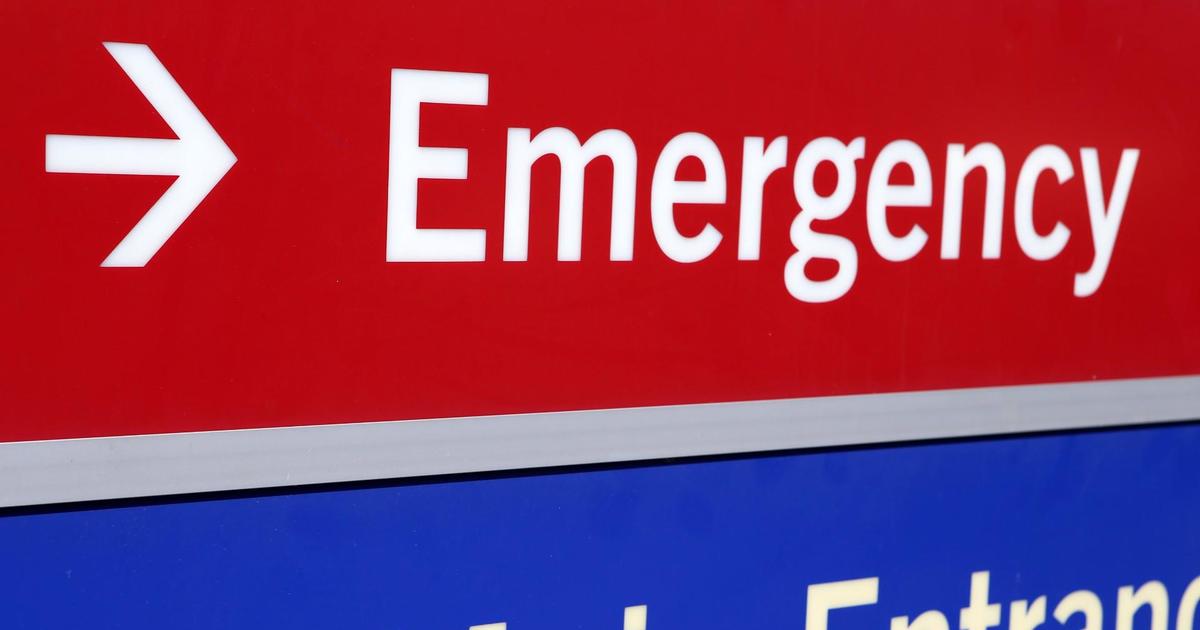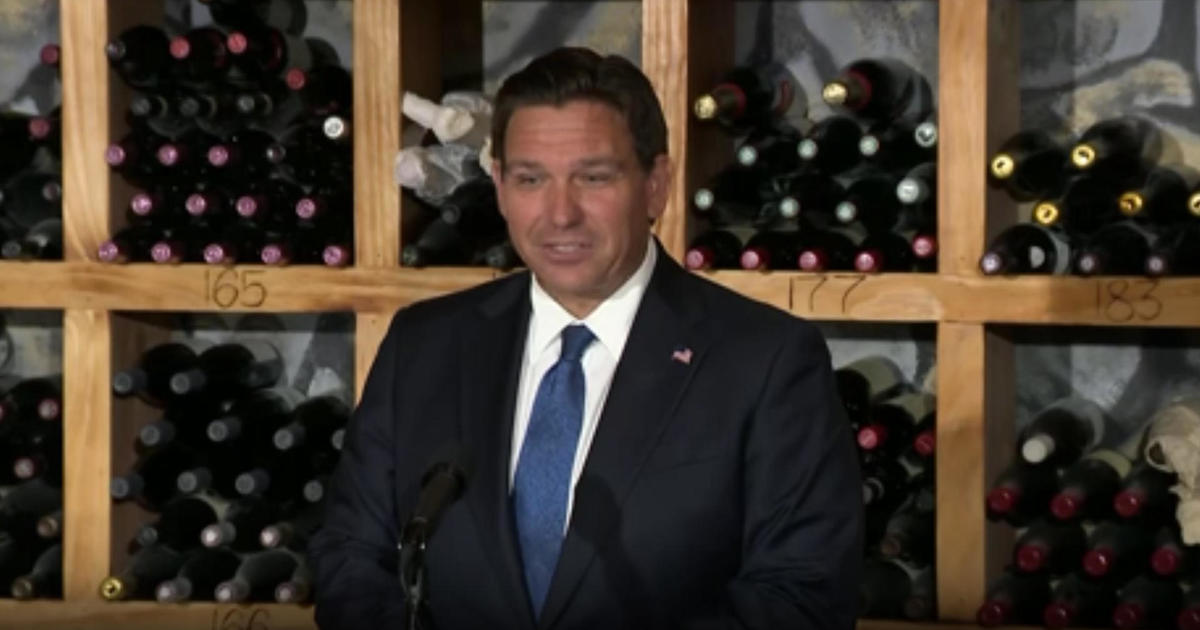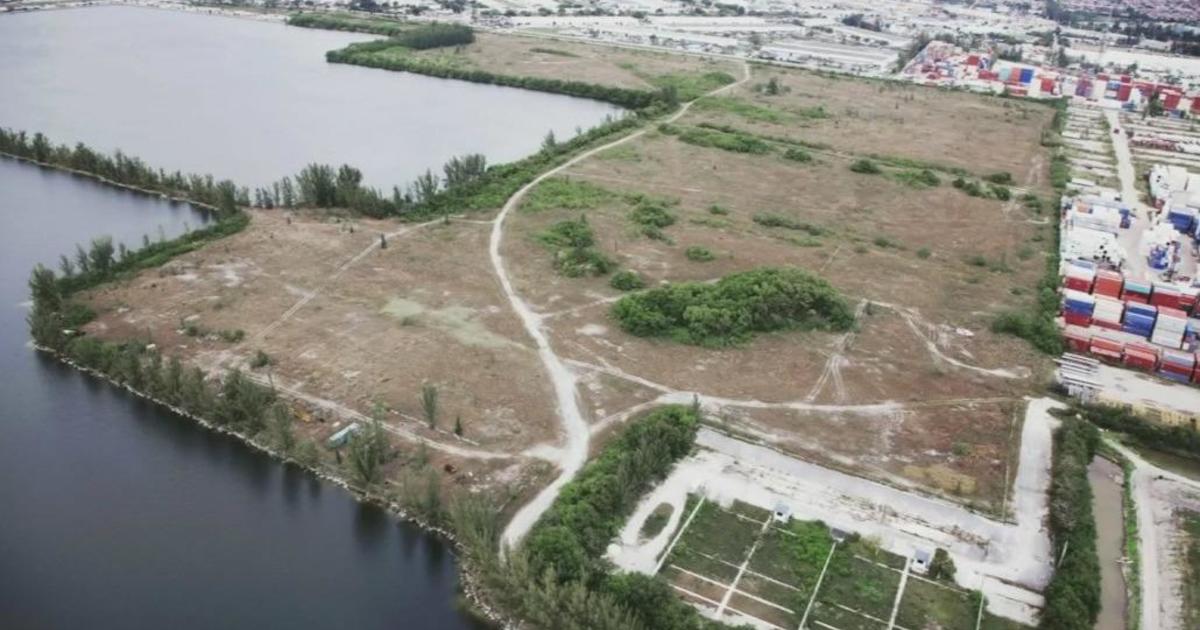Sex Trafficking Bill Gets OK; Detention Questions Remain
TALLAHASSEE (CBSMiami/NSF) - A bill that would provide an array of services for sex-trafficking victims unanimously passed a second House panel Tuesday – with a controversial provision left intact to detain some victims for treatment.
After extending its meeting by 15 minutes due to the number of public comments, the House Health Care Appropriations Subcommittee approved a measure (HB 7141) that provides for a "secure safe house," in which up to 15 of the most traumatized sex-trafficking victims would be kept for as long as 10 months.
Chairman Matt Hudson, R-Naples, said it was a matter of life and death.
"Maybe the fix isn't perfect, but you know what? Right now, these kids are going to die --- or they're going to be in a situation that's just, frankly, unacceptable," Hudson said.
But opponents said keeping victims against their will would be both unconstitutional and counterproductive.
"I think we need to keep in mind that the term 'secure safe house' may sound comforting and reassuring to adults," said retired juvenile court judge James Seals of Ft. Myers. "But to a traumatized child who has spent a lot of time on the streets and in juvenile detention, it's a jail."
The provision has sparked passionate debate in recent weeks, although the bill by Rep. Gayle Harrell, R-Stuart, is widely supported. The bill would provide sexually exploited children with medical care and specially trained child-protective investigators and case managers. It would direct the Department of Children and Families to inspect and certify what are known as "safe houses," where the victims can find shelter and services. The department would also establish services in parts of the state where none exist.
Throughout the debate, Harrell has maintained that sex-trafficking victims are in great danger but unable to act in their own best interests, because they're controlled through violence, drugs and emotional manipulation. The great majority of victims known to juvenile authorities already had histories of abuse or neglect before they were exploited for money.
"Sometimes it's hard for these children to realize they are victims," Harrell said. "Their pimps own them. They control them. …Some of these children actually go out and recruit other children (to become prostitutes)."
Harrell also said the "secure safe house" provision is based on a three-part test for constitutionality: an initial inquiry by a "neutral fact-finder," such as a judge; an interview with the victim as well as evidence from a psychologist or psychiatrist; and periodic reviews by a judge.
But David Utter, the policy and legislative director for the Southern Policy Law Center, said Florida already has "a rich history of …over-incarcerating kids."
Utter said the state would spend $190 million in this year's budget "to lock up kids --- about half of those kids don't need to be locked up. They're locked up because the judicial review isn't actually stopping the unnecessary incarceration."
Seals agreed that the secure safe house provision "raises due-process questions" and warned that the judicial reviews required by the bill would take longer than expected to process.
"The dependency courts already have heavy caseloads," Seals said. "I assure you, there will have to be continuances."
Also opposed to the secure safe house concept was Trudy Novicki, executive director of Kristi House, a child advocacy center in Miami-Dade County.
"There is no evidence-based study in the nation or internationally showing that secure detention benefits children," she said.
Novicki also helped author the Safe Harbor Act of 2012, which established safe houses for sex-trafficking victims. Kristi House added a safe house to its services after the bill went into effect last year, but shuttered it quickly after the girls kept running away, and one was raped. It has since re-opened as a drop-in center, Novicki said.
Still, she opposed opening a new door to detain traumatized kids and said existing methods and facilities could be used instead.
"We have some children that are commercially sexually exploited that are currently in secure psychiatric facilities," Novicki told the panel. "Those facilities could begin screening, people in those facilities could be trained, and we could design a program within those facilities for those children who need secure detention."
After the meeting, Harrell said she expected to amend the bill to address the constitutionality question when it comes up in the House Health & Human Services Committee, its third and last stop before possibly going to the House floor.
"I believe what we've done in the bill meets the constitutional challenges, but we're getting a lot of questions, a lot of pushback on it," she said.
Instead of creating a new procedure to place sex-trafficking victims in a secure facility, Harrell said, the amendment will create a "safe therapeutic model that will be using constitutional mechanisms we have in place, such as the Baker Act and the Marchman Act."
The Baker Act and the Marchman Act allow for involuntary examination with evidence that the person is a threat to himself or herself due to mental illness or substance abuse.
"That's the key," Harrell said. "(Commercially exploited children) are putting themselves in such danger. They are a danger to themselves."
This report is by Margie Menzel with The News Service of Florida.



